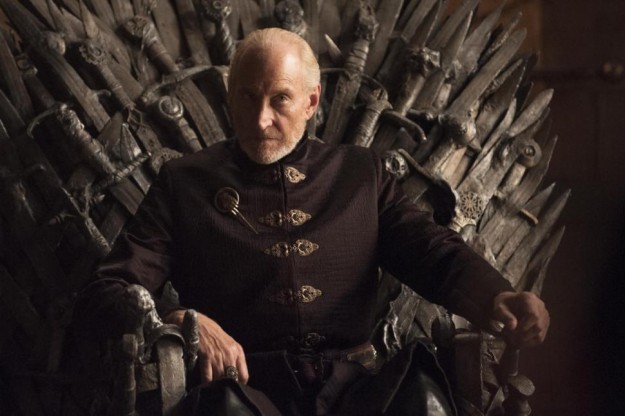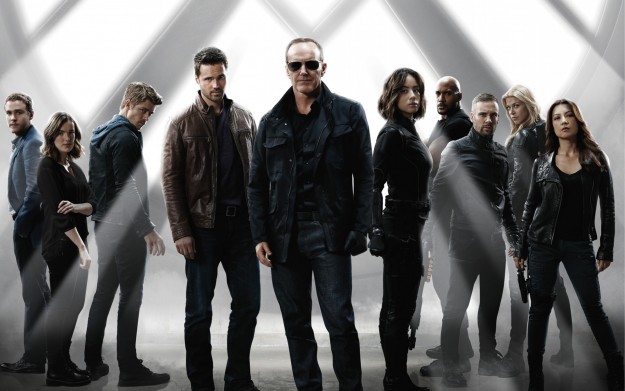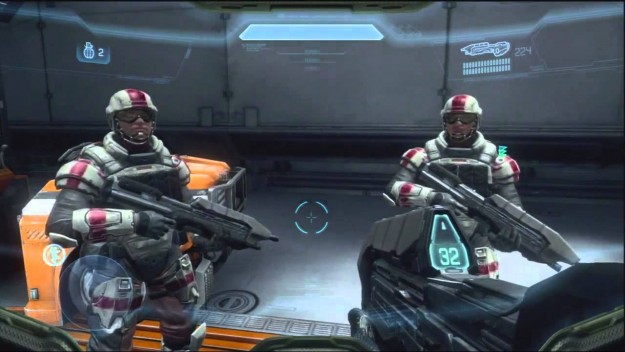This one might be a little long, but I thought I’d take the time to remark on what separates a terrible or good character from a great one. While this is an issue that informs my writing, I feel like there are enough examples out there in the world that can benefit readers and storytellers alike. Whether you’re reading, writing, playing, or watching something, here are some things that I think everyone should look out for, regardless of the genre that you are dealing with or any physical traits.
1. Make Them Suffer.

Strike Back was a masterpiece because we liked these guys and wanted to see them make it through the four hellish operations they were on.
A part of the reason why characters stick inside a person’s head is because we empathize with their successes and failures, along with how that all relates to the story. If you put a character through some sort of hellish dilemma, then that provides a means for that person to grow and change over the course of the story. Does he become a better or worse person? Does she royally screw things up? Is there no way to make a right choice in the situation? These are easy questions to ask that can also provide a means to drive the plot, which will ensure that the writer and the reader has something to look forward to.
Ironically enough, this is also the concept that a lot of people argue against when it comes to characters of the female persuasion, even though it completely prevents the creation of more stories. For instance, can you imagine the collective outrage that would occur if a female character was tortured for information, had limbs blown off, was assassinated, or died in a war zone? I don’t think I’ve ever seen that happen outside of horror movies and Game of Thrones. And yet, trauma is a great narrative device that fuels stories like James Bond, Jason Bourne, and a wide variety of action heroes since time immemorial.
2. Keep Politics Out Of It.

This show and Agent Carter are god awful because the creators HAD to drive a political point home. Oh, and because of hackneyed writing…
In general, I often find myself drawn to timeless characters that anyone can relate to, such as Luke Skywalker and Sherlock Holmes. However, I’ve recently been noticing a trend in Hollywood and elsewhere where writers cannot help but inject some sort of political message into a movie or television show. And since Hollywood is politically left-leaning, it often involves making digs at Republicans (or, more recently, men) as if they are the cause of all the problems in the world. Of course, right wing commentators are guilty of this as well, stating with absolute certainty that Democrats are going to destroy America.
People are free to make these assertions and put them into a story, but I think it comes at a cost of snapping people out of their enjoyment of a tale and fracturing the audience. However, that doesn’t mean that people shouldn’t explore complex themes like freedom versus totalitarianism in art. It’s just a bad idea to connect the concepts to this modern political party or that one unless it is warranted, which it isn’t.
3. Everyone Is The Hero Of Their Own Story.

Hero or not, Charles Dance is the man.
Another way to write a great character is to point out the fact that they have their own motivations and often sees themselves as a good person. Whether you are dealing with a hero, villain, or any “anti-” variation, it is important to remember that they see their cause as righteous even though the audience might feel differently. I have mentioned how this informed my development of Thrakoth, the villain of Destruction, in the past, but another great place to point out this idea would be the Red Wedding from Game of Thrones.
The Red Wedding was one of the biggest television shockers of the past twenty years, but there was a lot more to it than that. After I first watched it, I sympathized with the Starks because we’ve sat with them for a long time, and we know how they seem to be the least worst of the bunch. However, George R.R. Martin and the production team did a decent job of pointing out how Tywin Lannister was just trying to protect his army and end the war with minimal bloodshed, even though it was in a completely underhanded and ruthless way. Is it evil or is it an easy way to keep the realm safe?
Now, there are exceptions to this rule. Namely King Joffrey. No one likes that guy.
4. Make Sure That They Work Well With Others.

This cast just works.
A great character is easier to empathize with when we see that they get along with others, even if it is only with the people on their own side. We are very social creatures, so it is natural to write a story about a hero or heroine that knows how to talk to people and doesn’t react to every little thing like it is the end of the world. They know when to give orders, take them, speak, shut up, and so on.
However, that doesn’t make me want to forgive cop shows for the silly way that all of the main characters seem to finish each other’s sentences. That is a little bit too much, especially since it makes it seem like they have telepathic powers.
5. They Should Have A Sense Of Humor.

These Marines are funnier than most stand-up comedians today.
Stories are more fun to watch when you can see that a main character or their friends/allies are making jokes at one point or another. This is a principle that makes them more relatable because people tend to want to be funny even though a situation might be very bleak. One of the places that inspired me the most in this regard was the Halo saga.
Halo is pretty unique among science fiction for portraying a dark atmosphere where humans and a collection of aliens are locked in a terrible war where planets are burning and people are dying left and right. With that said, it’s also unique because of how funny the characters are throughout the franchise. Almost every single NPC outside of the Flood have a set of funny lines that are punctuated by great voice acting, especially the Marines and Grunts. It adds that extra touch to the atmosphere of the story, especially since humor is a great way to point out how either side thinks they have a chance.
Of course, it’s even funnier when the Grunts flee in terror after you slay their leaders, but that’s neither here nor there.
No Comments Yet